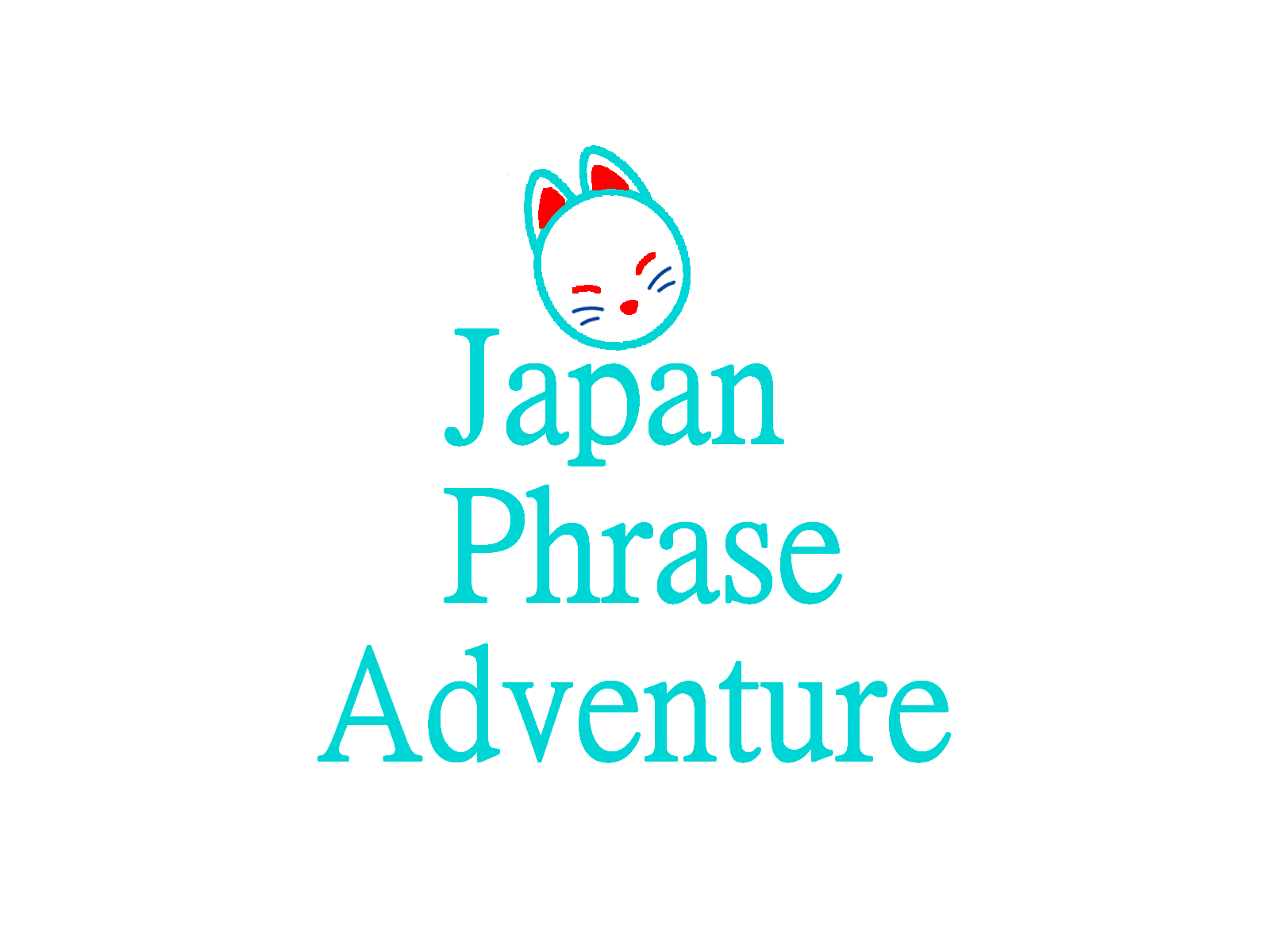Why is the Japanese Particle “は” Pronounced “Wa”? – A Guide for Beginners
When learning Japanese, one confusing point for beginners is the difference between “は” (ha) and “わ” (wa). You may ask:
- “Why is ‘は’ read as ‘wa’ in sentences like (私は学生です)?”
- “Isn’t ‘こんにちは’ supposed to be spelled ‘こんにちわ’?”
In this article, we’ll explain the rules and history behind this phenomenon using simple examples and furigana(ふりがな)for easier reading.
1. The Particle “は” Is Pronounced “Wa”
In Japanese, when “は” is used as a particle (to mark the topic of a sentence), it is pronounced “wa“.
Example:
(私は学生です。) → “Watashi wa gakusei desu.”
Why is “こんにちは” written with “は”?
The word こんにちは originally came from the phrase “今日はは ごきげんいかがですか?” (“How are you today?”).
The “は” in “こんにちは” is a particle, so it follows the rule and is read as “wa“.
Note: The kanji “今日” can also be read as “今日” depending on context, but in this phrase, it’s read “こんにち“.
Even though most Japanese people today don’t think about the grammar behind it, this spelling has become a fixed expression.
2. “わ” Is Used in Words and Sentence Endings
When “わ” appears as part of a word or at the end of a sentence (as an ending particle), it is written and read as “わ” normally.
Examples:
- わたし (I)
- かわいいわね (“Isn’t it cute!”)
- すてきだわ (“That’s lovely!”)
Be careful! Saying “すてきねわ” is incorrect. The correct version is “すてきだわ” or “すてきね”.
3. Common Mistakes & Questions
Q: Isn’t “こんにちは” supposed to be “こんにちわ”?
→ No. The correct spelling is こんにちは. It uses the particle “は“, which is read as “wa“.
Q: Why is it “かわいいわね” and not “かわいいはね”?
→ Because “わ” is part of the sentence ending, not a grammatical particle. So it is written “わ“.
Q: Is “すてきねわ” correct?
→ No. It should be “すてきだわ” or “すてきね“. “ねわ” is not natural in Japanese.
4. Summary: When to Use “は” and When to Use “わ”
| Usage | How to Write | How to Read | Example |
|---|---|---|---|
| Topic Particle | は | wa | (私は学生です。) |
| Word or Ending Particle | わ | wa | かわいいわね。 |
5. Practice: Which is correct?
Choose the correct hiragana for each sentence:
- ぼくは いぬが すきです。 → は
- このケーキ、すごく おいしいわ! → わ
- あなたは、どこのくにの ひとですか? → は
6. Final Tips for Japanese Learners
- Just remember: the particle “は” is pronounced “wa” – it’s not a typo!
- Words and sentence endings use “わ“.
- Even Japanese people sometimes make spelling mistakes like “こんにちわ”, so don’t worry too much!
Understanding this rule will make your Japanese reading and writing more natural. Keep practicing, and don’t be afraid to make mistakes!



